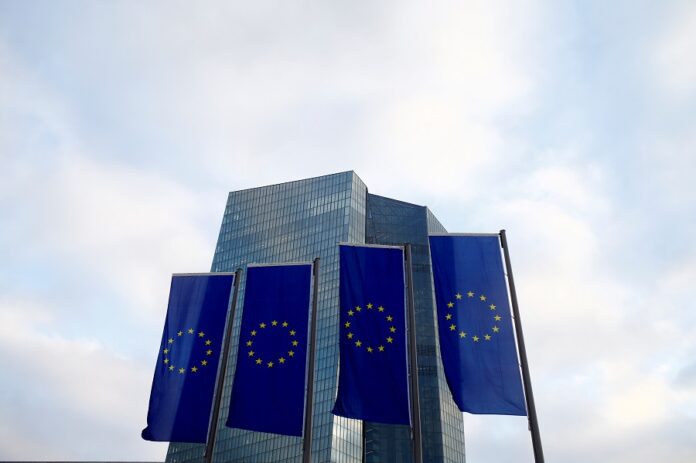European lawmakers approved a major revamp of the bloc’s migration laws on Wednesday, aiming to end years of debate over how to handle the illegal entry of thousands of people and deprive the far right of a vote-winning campaign issue ahead of the June elections, AP News reports.
Members of the European Parliament approved the Pact on Migration and Asylum policies and regulations in a series of 10 votes. The reforms address the difficult issue of who should be responsible for migrants when they arrive and whether other EU nations should be obligated to assist.
It intends to minimize the time it takes for security and asylum procedures at external EU borders, as well as boost returns, in order to curb unwanted immigration from the Middle East and Africa, which is a top concern for the EU, according to Reuters.
The proceedings were temporarily disrupted by a small but loud group of protestors in the public gallery wearing „this pact kills” shirts and shouting „vote no!”
Before the reform plan can go into effect, the 27 EU member countries must endorse it, possibly by a vote in late April.
After the votes, European Parliament President Roberta Metsola, a former lead lawmaker on migration who helped prepare the path for the reform package, said, „History made,” on X, formerly Twitter.
“It has been more than 10 years in the making. But we kept our word. A balance between solidarity and responsibility. This is the European way,” she wrote.
According to German Interior Minister Nancy Faeser, the outcome was a „major and very important success.”
Faeser whose country has been a popular destination for migrants seeking safety said “After years of tough negotiations, we have agreed on this comprehensive package. We have thus overcome a deep division in Europe.”
“We continue to protect people fleeing terrible wars, terror, torture and murder. But this responsibility for refugees will be spread across more shoulders in future,” she noted.
The strategy was developed after 1.3 million refugees sought shelter in Europe in 2015, the majority of them were escaping the war in Syria and Iraq. The EU’s asylum system crashed, receiving facilities in Greece and Italy were overcrowded, and nations further north created barriers to keep refugees out.
However, few have professed to being pleased with the new policy solution to one of Europe’s most serious political problems, and even lawmakers who drafted parts of the new regulation are hesitant to accept the entire reform package.
The new rules include controversial measures: facial images and fingerprints could be taken from children from the age of 6, and people may be detained during screening. Those who are not allowed to stay may be subjected to Fast-track deportation.
On the other side of the ledger, nations may be required to assist their EU partners by offering to shelter those eligible for asylum or, if that is not possible, to pay the expenses of housing them elsewhere.
Migrant and human rights organizations overwhelmingly criticized the reform package


